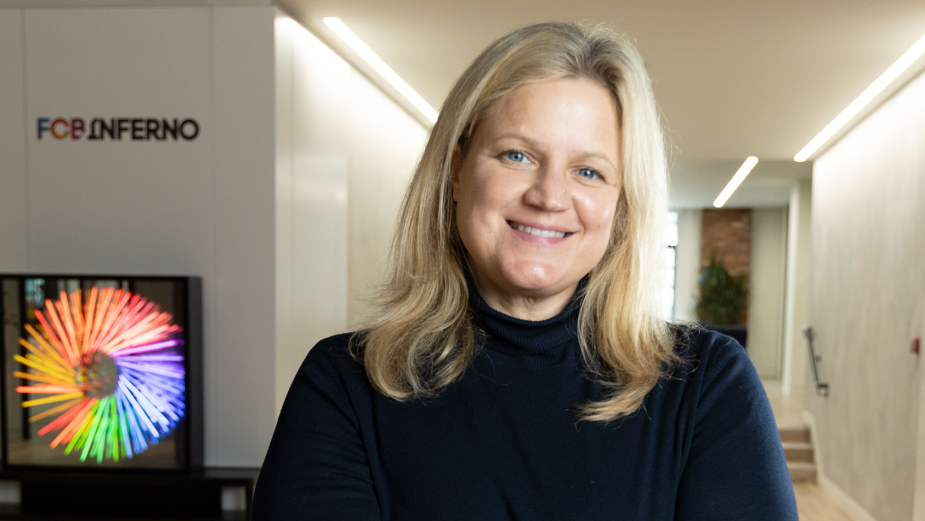Since its inception, Pulse Marketing has been quietly making waves with its fresh approach to marketing, working with big-name clients like Amazon Prime Video and Nike Nigeria, as well as major local brands like Mouka Foam and Nigerian Breweries. These collaborations have helped these businesses boost their visibility and grow by blending creativity with smart digital strategies.
For this experiment, Pulse took a different approach: they created a fictional makeup brand called ‘Selarah by Suplé,’ a clever play on the brand name ‘Pulse,’ and used it as a vehicle to explore the risks of brands jumping on trends just to grab attention. The campaign aimed to show how chasing after popular trends can backfire, damaging a brand’s reputation and making it harder to build loyal customers.
The social experiment unfolded over seven weeks and used Pulse’s wide-reaching media connections to stir up conversation. It all kicked off during a heated moment on one of Nigeria’s top dating shows, where a conversation about beauty standards got people talking. The discussion suggested that women should focus on looking good for their partners rather than on self-expression or feeling confident for themselves. This got people’s attention and sparked a mix of reactions.
Seizing the buzz from the show, the fictional makeup brand, Selarah, jumped into the conversation, promoting its products by echoing the show’s message. The brand encouraged women to look good for their man, pushing the idea that makeup should be about what a partner approves of, rather than what makes the wearer feel good. This created a surprising contradiction—while trying to ride the wave of the show’s popularity, the brand alienated its core audience: women. The message suggested that their own desires and ideas about beauty didn’t matter as much as meeting the approval of a man.
This move led to a lot of engagement, with people reacting all over social media—some backed the bold approach, while others sharply criticized the message.
“This experiment was a unique opportunity to challenge conventional marketing practices while demonstrating our strategic capabilities. It allowed us to highlight the negative effect of impulsive and non-strategic disruption in driving engagement and conversation.” said Aimien Evbodaghe, Creative Director at Pulse Marketing.
With the experiment wrapped up, Pulse Marketing taught brands a valuable lesson – that while it is important for brands to engage with cultural trends, it is just as crucial to stay true to their own identity. The campaign demonstrated that when marketing feels inauthentic or out of touch, it can leave a bad taste and turn potential customers off.
For more about Pulse Marketing, check out pulsemarketing.africa or follow them on social media @pulsemarketingng.






Comment
No comments found.